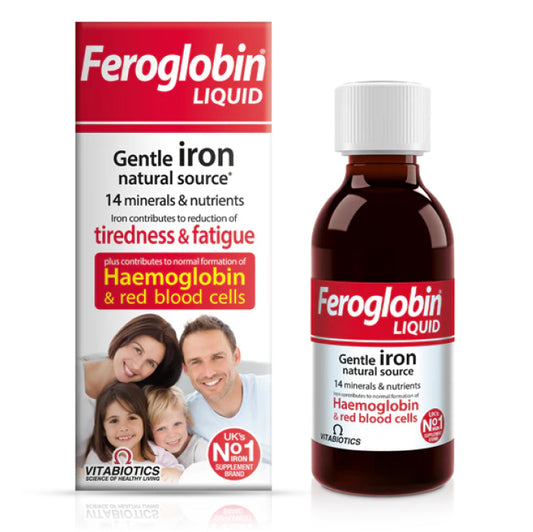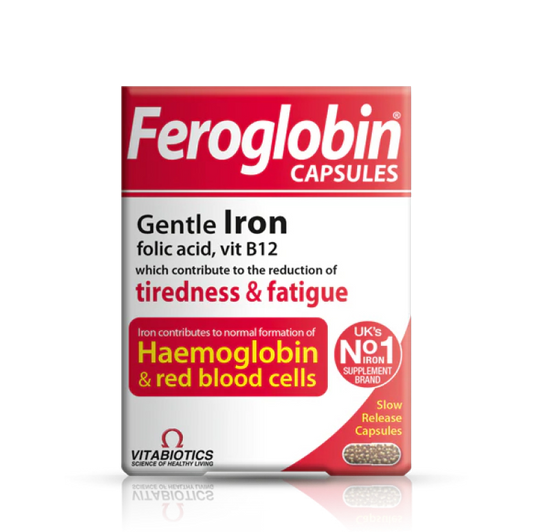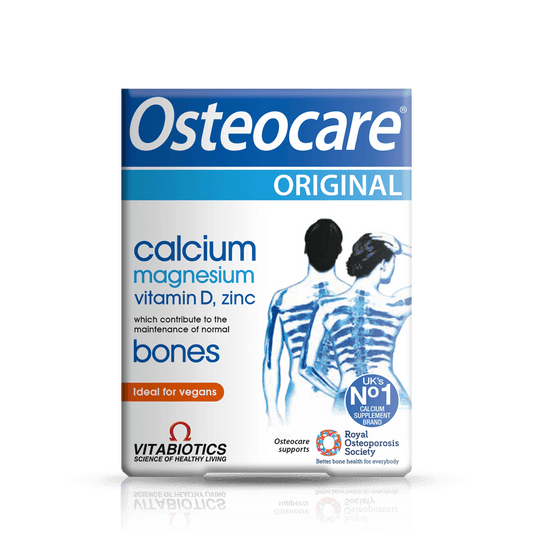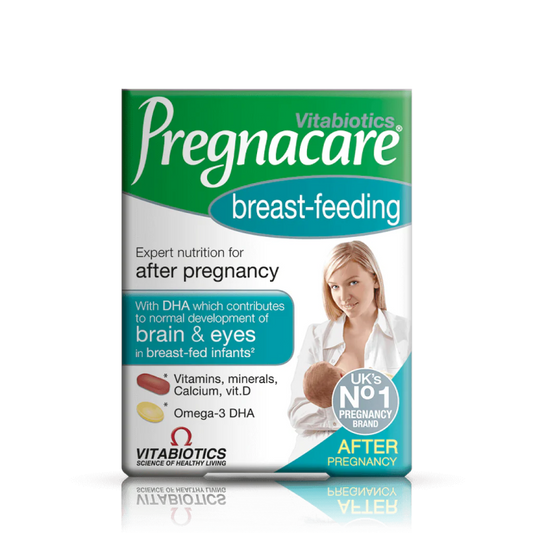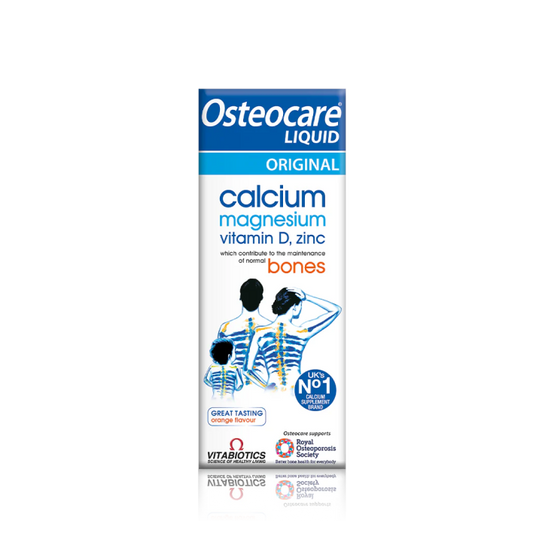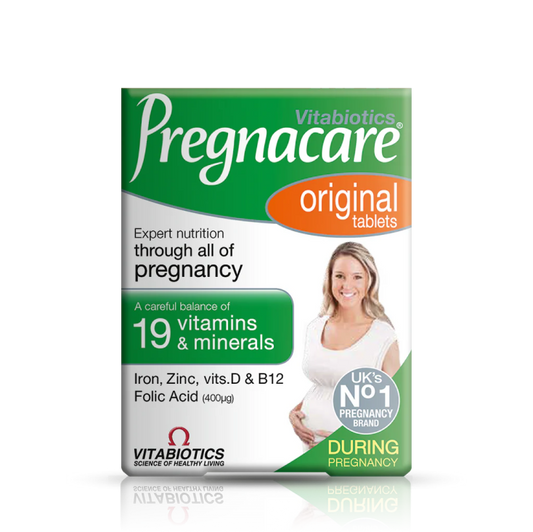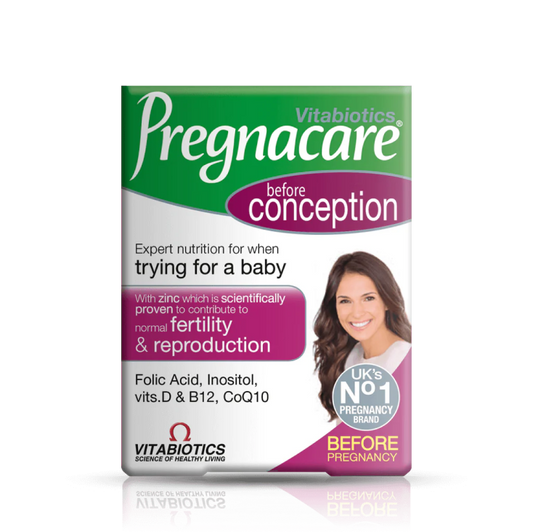In today’s world, where the pursuit of health and well-being is becoming a priority, knowledge about essential nutrients is invaluable. One such fundamental element is vitamin B1, also known as thiamine. This inconspicuous chemical plays an extremely important role in many processes taking place in our body, affecting energy levels, the functioning of the nervous system and the heart.
What is Vitamin B1 and when was it discovered?
Vitamin B1, or thiamine, is an organic chemical compound belonging to the group of water-soluble vitamins . In terms of chemical structure, thiamine is characterized by a heterocyclic structure consisting of two rings: thiazole and pyrimidine, which are connected by a methylene bridge. Its molecular formula is C12H17N4OS, and the molar mass is 265.36 g/mol. Thiamine is a substance that is highly soluble in water, but has limited solubility in alcohol. Importantly, it is a relatively unstable compound, especially under the influence of high temperature and in an environment with alkaline pH. It is also sensitive to oxygen and ultraviolet radiation.
Vitamin B1 occurs in several forms in the human body, the most important of which is its active metabolic form, thiamine pyrophosphate (TPP), also known as thiamine diphosphate (TDP). In addition to TPP, free thiamine and other phosphate esters, such as thiamine monophosphate (TMP) and thiamine triphosphate (TTP), as well as the recently discovered forms adenosine thiamine diphosphate (AThDP) and adenosine thiamine triphosphate (AThTP), can also be found in cells. These different forms of thiamine play specific roles in cellular processes. In dietary supplements and fortified foods, thiamine is most often found in the form of thiamine hydrochloride (C12H17ClN4OS HCl) or thiamine mononitrate (C12H17N5O4S).
The story of the discovery of thiamine is fascinating and inextricably linked to the work of Polish biochemist Kazimierz Funk, who revolutionized nutritional science in the early 20th century by introducing the concept of "vitamin" after discovering this very substance in rice bran . His pioneering research on beriberi, a serious health problem at the time, led to the isolation of thiamine and the understanding of its key role in preventing this devastating condition.
How Does Vitamin B1 Work in Your Body?
The primary role of vitamin B1 in the body is its participation in energy metabolism, especially in the conversion of carbohydrates into energy . As a coenzyme, TPP is essential for the proper functioning of key enzymes in the Krebs cycle (citric acid cycle) and the pentose phosphate pathway, such as pyruvate dehydrogenase, alpha-ketoglutarate dehydrogenase, and transketolase. These metabolic processes are fundamental to the production of ATP, the basic energy carrier in the cells of our bodies.
Vitamin B1 also plays a key role in the functioning of the nervous system . It participates in the transmission of nerve impulses and in the synthesis of neurotransmitters such as acetylcholine. In addition, it has neuroprotective properties and is important for maintaining the proper structure of the myelin sheaths surrounding the nerves.
See also: Vitamin B2: Your Key to Energy and Well-Being
The effect of thiamine is also significant for the cardiovascular system . It supports the proper functioning of the heart by participating in the energy processes taking place in the heart muscle cells. Studies suggest that thiamine supplementation can improve echocardiographic results in people with congestive heart failure.
In addition to these major functions, vitamin B1 plays a role in supporting the immune system by regulating glucose metabolism and supporting immune cell function . It also has antioxidant properties, neutralizing free radicals and reducing oxidative stress in the body. Furthermore, thiamine is essential for the production of hydrochloric acid in the stomach, which is crucial for proper digestion.
What are natural sources of vitamin B1?
Getting enough vitamin B1 in your diet is essential for maintaining health. Many foods, both plant and animal, contain thiamine.
Rich plant sources include primarily:
- Wholegrain cereals – such as brown rice, oats, whole grain bread and fortified breakfast cereals.
- Legumes , such as beans, lentils and peas, are also an excellent source of this vitamin.
- Nuts and seeds – especially sunflower seeds, sesame seeds, pistachios and macadamia nuts, also provide significant amounts of thiamine.
- Yeast - which is one of the richest natural sources of vitamin B1.
Among animal products, particularly rich in vitamin B1 are:
- Pork - especially the lean parts.
- Fish , such as salmon, tuna, trout and clams, also contain significant amounts of thiamine.
- Eggs - especially the yolk, are another source of vitamin B1
- Dairy products - such as milk, yogurt and cheese, contain smaller amounts of thiamine.
- Offal - especially liver, which is also a good source of this vitamin.
See also: Potassium sorbate - is it harmful?
It is important to remember that the thiamine content of foods can be reduced by processing and cooking. For example, refining rice leads to a significant loss of thiamine, which is why brown rice is a much better source than white rice. Cooking in water can also cause vitamin B1 to leach from foods.
Natural Sources of Vitamin B1 in Your Diet
|
Product |
Approximate vitamin B1 content per 100g |
% Daily Interest (adult)* |
|
Sunflower seeds |
1.84 mg |
153% |
|
Baker's yeast |
2.7-6.6mg |
225-550% |
|
Rice bran |
2.7 mg |
225% |
|
Soy |
0.94 mg |
78% |
|
Pea |
0.9 mg |
75% |
|
Pistachios |
0.87 mg |
72.5% |
|
Oat bran |
1.17 mg |
97.5% |
|
Peanuts |
0.74 mg |
61.6% |
|
Pork meat (loin) |
0.5-1.1 mg |
41.6-91.6% |
|
White beans |
0.5-0.9mg |
41.6-75% |
|
Lentils |
0.5-0.8mg |
41.6-66.6% |
|
Buckwheat groats |
0.43-0.7 mg |
35.8-58.3% |
|
Hazelnuts |
0.46 mg |
38.3% |
|
Brown rice (cooked) |
0.18-0.2 mg |
15-16.6% |
|
Salmon (cooked) |
0.2-0.275 mg |
16.6-22.9% |
|
Eggs (yolk) |
0.24 mg |
20% |
|
Oat flakes (dry) |
0.49 mg |
40.8% |
|
Whole grain bread (slice) |
0.1 mg |
8.3% |
*Percent Daily Value for adults is based on 1.2 mg. Data may vary depending on source and method of measurement.
See also: How to supplement iron as a woman?
How Much Vitamin B1 Do You Need? Recommended Daily Allowance
The need for vitamin B1 varies depending on age, gender and physiological condition:
- Infants - in the first year of life, sufficient intake is 0.2-0.3 mg per day.
- Children - aged 1 to 13 years the recommended intake is 0.5 mg to 0.9 mg per day, increasing with age.
- Teenagers - aged 14-18 years need: boys about 1.2 mg and girls 1.0-1.1 mg per day.
- Adult men - over 19 years of age should consume about 1.2-1.3 mg, and adult women about 1.1 mg of thiamine daily.
- Pregnant women – the demand for thiamine increases to 1.4 mg per day, and during breastfeeding to 1.4-1.5 mg per day.
It should be noted that the recommended daily intake may vary slightly depending on the source and country . Thiamine requirements may be higher in people who consume a diet high in carbohydrates, lead an active lifestyle, and in the case of certain health conditions. In Poland, the maximum amount of vitamin B1 in dietary supplements is set at 100 mg per day.
See also: What not to eat during pregnancy? A few simple rules
What are the symptoms and effects of thiamine deficiency?
Vitamin B1 deficiency can lead to a range of unpleasant symptoms and serious health consequences. Early symptoms of thiamine deficiency include fatigue, weakness, irritability, difficulty with concentration and memory, loss of appetite, weight loss, and abdominal discomfort .
Severe and prolonged thiamine deficiency leads to the development of beriberi disease , which occurs in various forms. Wet beriberi is characterized by cardiovascular disorders, leading to shortness of breath, rapid heartbeat, and leg swelling. Dry beriberi affects the nervous system, causing peripheral neuropathy with symptoms such as tingling, numbness, muscle weakness, and paralysis of the lower limbs. There is also an infantile form of beriberi, which can occur in babies breastfed by mothers with thiamine deficiency and can lead to serious and even fatal complications.
Another serious effect of vitamin B1 deficiency is Wernicke-Korsakoff syndrome , a neurological disorder most often seen in people with chronic alcoholism. Wernicke encephalopathy is characterized by the following symptoms: confusion, ataxia (impaired coordination), and visual disturbances. If left untreated, it can lead to Korsakoff syndrome, characterized by memory problems and psychosis.
Thiamine deficiency may also increase the risk of falls in older people and may be linked to the development of Alzheimer's disease , although more research is needed in this area. In infants, thiamine deficiency may lead to delayed cognitive development.
Why is it important to maintain proper levels of vitamin B1?
Maintaining the proper level of vitamin B1 in the body brings numerous health benefits. It supports the proper functioning of the nervous system and psychological functions , contributing to the improvement of mood, concentration and cognitive abilities. It has a beneficial effect on the cardiovascular system, supporting the work of the heart and potentially improving the prognosis in the case of heart failure.
Thanks to its role in energy production, thiamine helps reduce fatigue and improve physical performance , which is especially important for physically active people. There is also evidence that adequate vitamin B1 intake can help reduce the risk of developing cataracts. In addition, thiamine plays a role in wound healing and pain relief.
Vitamin B1 Supplements: When to Consider and How to Use?
Vitamin B1 supplements are available in various forms, including thiamine hydrochloride and thiamine mononitrate, as well as the synthetic benfotiamine. Thiamine pyrophosphate is a highly bioavailable form. Supplementation may be considered in cases of diagnosed thiamine deficiency, in people with alcoholism, malabsorption syndromes, after bariatric surgery, and in people taking certain medications such as diuretics and metformin. Increased thiamine requirements also occur during pregnancy and breastfeeding.
This may be useful to you: Ultra - vitamins and minerals for daily supplementation
The dosage of vitamin B1 supplements is individual and depends on the needs of the body and the reason for supplementation. It is always recommended to consult a doctor or dietician before starting supplementation. In Poland , the maximum dose of vitamin B1 in dietary supplements is 100 mg per day . It is also important to remember about the potential interactions of thiamine with some medications.
Interesting facts and latest discoveries related to vitamin B1
As mentioned, vitamin B1 was discovered by Polish biochemist Kazimierz Funk in rice bran during research on beriberi disease. It was Funk who introduced the term "vitamin", combining the Latin word "vita" (life) with "amine" (although it later turned out that not all vitamins contain amine groups). It is worth knowing that thiamine is synthesized by bacteria, fungi and plants , while animals and humans must obtain it from food.
Research is currently underway into the potential role of thiamine in managing blood sugar levels in people with diabetes and its impact on neurodegenerative diseases such as Alzheimer's. Scientists are also investigating the mechanisms of thiamine transport across the blood-brain barrier and its role in the stress response.
See also: Vitamin B3: A Key Nutrient for Your Health
Thiamine Information Summary
Vitamin B1, or thiamine, is a key nutrient that is essential for the proper functioning of the body. Its role in energy metabolism, the functioning of the nervous system and the heart means that maintaining its appropriate level is fundamental to maintaining health and energy. A balanced diet, rich in natural sources of thiamine, is the best way to meet the daily requirement. In some cases, after consulting a doctor, it is worth considering supplementation. Remember that conscious nutrition is an investment in our health and well-being.


